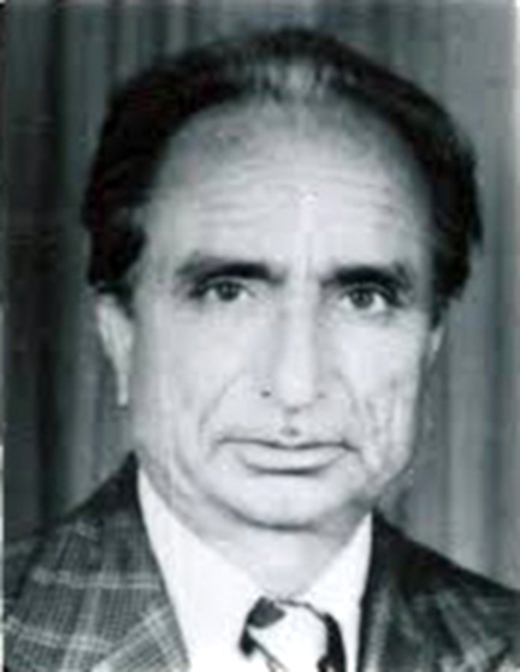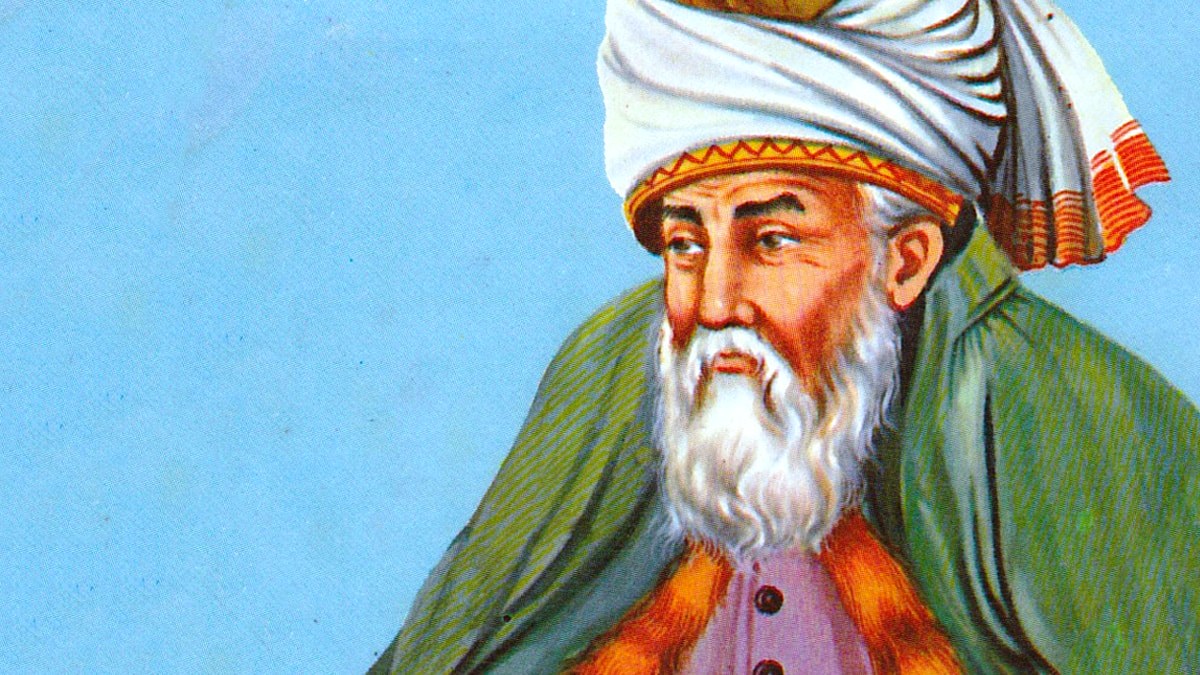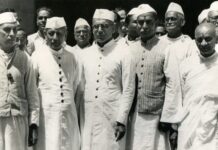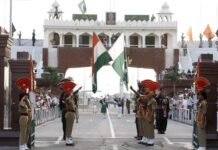One of the Kashmir’s most prominent short-story writer Akhter Mohiuddin was tallest amongst his contemporaries, writes Ghulam Nabi Khayal
The history of fiction in the Kashmiri language is as short as that of the age of little over 50 years. It was in 1955, when first two Kashmiri short stories Jawaabi Card and Yeli Phol Gaash written by Dina Nath Nadim and Som Nadi Zutshi respectively, appeared in a single issue of Kong Posh (the Saffron Flower), the official cultural organ of the Kashmiri Progressive Writers Front.
It was during that epoch-making days of the progressive writers’ movement that Kashmiri short story was born.
Nadim gave up writing Urdu poetry and shifted to his mother tongue Kashmiri and soon became a noted poet. Other progressive fiction writers who pursued fiction writing included Taj Begum Renzu, the first Kashmiri female fiction writer, Ali Mohammad Lone, Som Nath Zutshi, Bansi Nirdosh, Autar Kishen Rahbar, Deepak Kaul, Dr Shankar Raina,Triloki Nath Kundan, Umesh Kaul, Amin Kamil, Abbas Tabish, Ghulam Nabi Baba and many others. Aziz Haroon, Noor Mohammad Roshan and Habib Kamran rendered some famous Chinese, Russian and Bulgarian stories into Kashmiri.
As a leading Kashmiri short story writer, Akhtar Mohiuddin (1928 – 2001), stood tallest among his contemporaries. His mastery over an idiomatic language, finest treatment of the plots he conceived and the artistic turn given at the climax of his stories would make readers wonderstruck and forced them to come out with a thought-provoking reflection in their observations while commenting on his creative art.

He got off to his literary start in mid-fifties as an Urdu story writer and it was within no time that he was acknowledged as one of the noted short story writers in the Urdu world. Then, there was a galaxy of luminaries shining on the horizon of Urdu fiction. These included stalwarts like Saadat Hassan Mantoo, Krishen Chander, Khawaja Ahmad Abbas, Ismat Chughtai, Sajjad Zaheer, Ashfaq Ahmad, Shaukat Siddiqui, Mahender NatiV ‘Suhail Azimabadi, Ahmad Nadeem Qasimi, Mumtaz Shereen, Hajira Masroor, Khadeeja Mastoor, Ghulam Abbas, Aziz Ahmad, Mirza Adeeb, Kausar Chandpuri, Upendra Nath Ashk, Ram Lai, Hansraj Rahbar, Quratul Ain Haider, Devinder Satyarthi, Mumtaz Mufti, Ali Abbas Hussaini, Rajinder Singh Bedi, Balwant Singh, Prakash Pandit and many others.
When Akhtar’s Urdu short story tided Poundrich was published in a Delhi newspaper, it was given an award in an international competition of short stories. This honour obviously made Akhtar proud of his contribution to the Urdu fiction, but he did not lose time to make his choice and soon shifted to his own mother tongue and again within a few months time, Akhtar Mohiuddin emerged as the best short story writer in the Kashmiri language.
During his 73 years of life, Akhtar wrote a little over fifty Kashmiri short stories making it one story a year or even less than that if considered that his period of creative writing was spread over more than 55 years. His stories Dand Wazun (The Brawl), Daryaayi Hund Yezaar (the Pyjama of Daiyayee cloth), Aapan Hor Jang (Aapa lost the Battle) and Aadam Chhu Ajab Zaat (Man is a strange creature) can well be placed anywhere in an anthology of short stories of a world class standard. Akhtar was a master craftsman in treating the plot of his stories most skilfully and depiction of its characters with extreme appeal and impression.
Akhtar gave new dimensions to the Kashmiri fiction. He not only made his short stories and novels subservient to local characters but provided them with the embellishment of an international appeal and universal image.
Akhtar was an extraordinarily keen observer of happenings around and was also deeply sensitive and sensible towards the prevailing circumstances that disturbed him time and again. This is the reason why he would occasionally express himself as an irritated and agitated person even when talking about sweet Ghazals of Mir, Ghalib and Faiz.
Akhtar Mohiuddin was one of the most touchy, sensitive and sensible writers in the Kashmiri language. He found all his characters available in his own atmosphere and then depicted their joys and sorrows while having a glance at what was happening around.
In this context, the most turbulent and horrifying decade between 1990 and 2000 in Kashmir greatly compelled him to reflect on the bitter realities of this bleeding period. His short stories titled Aatank Vadi (The Terrorist), Nav Bemaary (New Disease) and Jali Hindy Danda Phely (The teeth of Jalla Bibi) present a unique picture of intense pain and agony he saw his own people suffering from.
The first compilation of Akhtar’s seven short stories Sat Sangar (seven peaks) was brought out in 1955. Three years later, in 1958, this book was given the Sahitya Akademi award.
Aadam chu ajab zaat (the man is a strange creature) is Akhtar’s one of the finest short novels which was acclaimed as the best ever creation in the Kashmiri fiction. This is a mesmerising love story between a European female tourist and the owner of a houseboat wherein she stays for holidaying in Kashmir.
Sonzal and Seven One Nine Seven Nine comprised his later stories. Still many of his writings remain unpublished.
(Khayal is a journalist and an author. This piece was sourced from Sheeraza, a publication of the J&K Academy of Art, Culture and Languages.)















